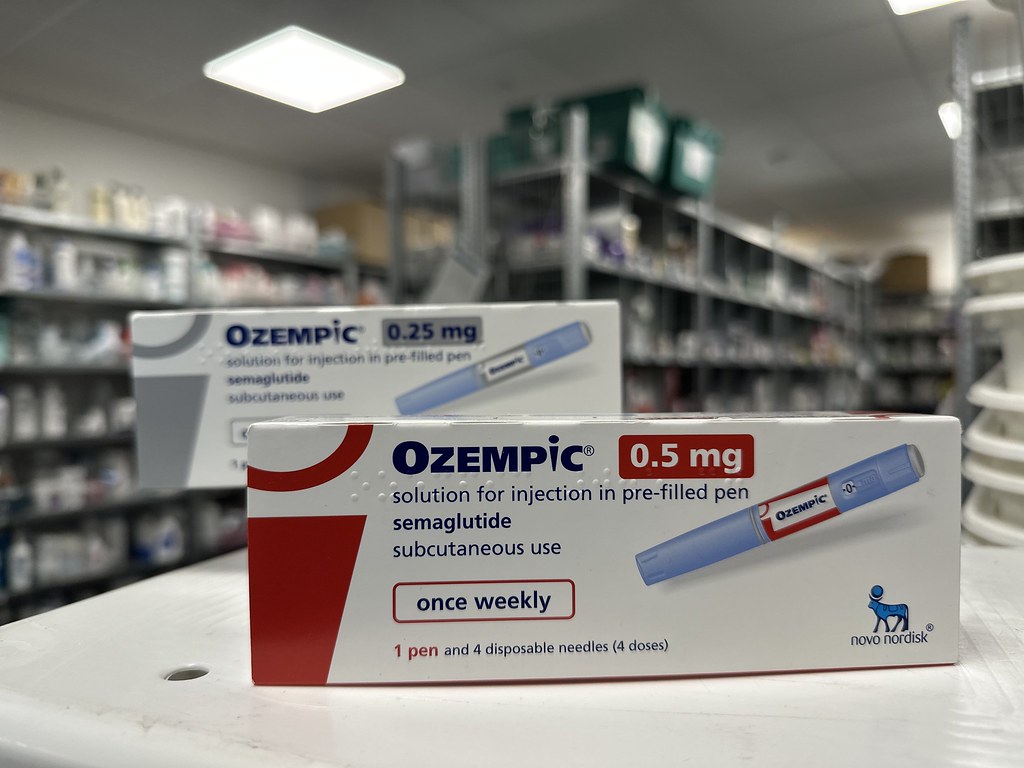
Study Reveals Semaglutide May Reduce Opioid Overdose Risk in Patients With Type 2 Diabetes and Opioid Use Disorder
A groundbreaking study published in JAMA Network Open explores the potential benefits of semaglutide, a medication commonly used to treat type 2 diabetes (T2D) and obesity, in reducing opioid overdose risk in patients with both T2D and opioid use disorder (OUD). Conducted by a team led by William Wang and Nora D. Volkow, the research suggests that semaglutide may offer a protective effect against opioid overdoses, providing new hope for a public health challenge that has lasted decades.
Study Overview
The study utilized electronic health records from the TriNetX platform, analyzing data from 33,006 patients with both T2D and OUD. The researchers compared the outcomes of patients treated with semaglutide to those on other antidiabetic medications, such as insulin, metformin, and other glucagon-like peptide-1 receptor agonists (GLP-1RAs). Over a 12-month follow-up period, the study found that semaglutide was associated with a significantly lower risk of opioid overdose compared to other treatments, including liraglutide and dulaglutide.
Patients on semaglutide had a lower incidence of opioid overdose, with hazard ratios (HR) ranging from 0.32 to 0.58 compared to other medication groups, suggesting a nearly 60% reduction in risk in some cases.
Implications for Public Health
Opioid overdose remains a leading cause of death in the U.S., with over 107,000 fatalities in 2023 alone, primarily due to opioids. Despite the availability of treatments like methadone and buprenorphine for OUD, many patients do not receive or discontinue these therapies, highlighting the need for new treatment avenues. Semaglutide’s ability to modulate dopamine pathways, which influence reward and addiction behaviors, has previously shown promise in reducing cravings for alcohol and nicotine. This study extends these findings to opioid use, potentially offering a novel approach to reduce overdose risks among this vulnerable population.
The Path Forward
While the study provides compelling evidence for semaglutide’s potential role in reducing opioid overdoses, it also acknowledges limitations, such as reliance on electronic health record data, which may introduce biases. Further randomized controlled trials are needed to confirm these findings and explore the mechanisms behind semaglutide’s protective effects on opioid overdose risk.
This research adds to the growing recognition that medications targeting metabolic conditions like T2D could have broader applications in drug user health, offering new avenues for improving outcomes for patients struggling with both metabolic and substance use disorders.
Resources for Harm Reduction and Drug User Health
For individuals seeking more information and support on harm reduction and drug user health, there are several valuable resources available:
- NEXT Distro (nextdistro.org): An online and mail-based harm reduction platform that provides information on safe drug use, overdose prevention, and access to naloxone. It connects individuals to local services and resources to promote safer practices.
- National Harm Reduction Coalition (harmreduction.org): A comprehensive resource for harm reduction strategies, including syringe exchange programs, overdose prevention, and advocacy for drug policy reform.
- Substance Abuse and Mental Health Services Administration (SAMHSA) (samhsa.gov): Offers resources on addiction treatment, mental health services, and strategies to support individuals struggling with opioid use disorder.
